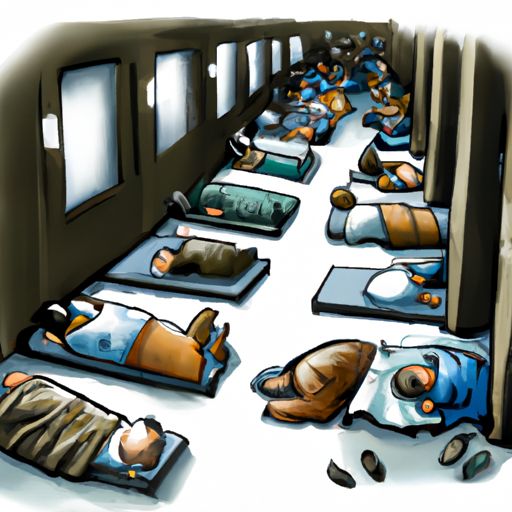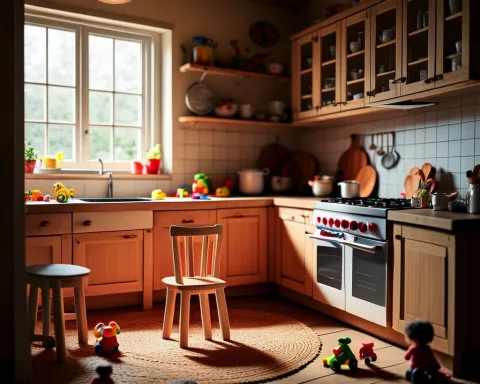The City of Cape Town is proposing a new Safe Space for homeless individuals in the Green Point area of Cape Town. The new space is an expansion of the City’s existing Safe Space programme, which currently offers 480 shelter beds at two facilities located at Culemborg in the city centre. The proposed 300-bed Safe Space, located under the fly-over bridge on Ebenezer Road, has been open for public comment until 8 May.
Public feedback on the project has been largely positive. However, concerns remain that the current shelter spaces at existing facilities will not be enough to accommodate the expected influx of people in need of shelter this winter. Despite these concerns, the City’s Winter Readiness Programme has identified the need to increase capacity at Safe Space facilities in Bellville, Muizenberg, and Durbanville in the coming months.
Investing in the Safe Space Programme
Mayor Geordin Hill-Lewis recently visited the Culemborg Safe Space and pledged increased investment in the City’s Safe Space programme. The City plans to spend R77 million this year and R230 million over the next three years to help homeless people in the city. The Western Cape Department of Social Development has also allocated R33 million from its budget to dedicate to shelters.
Stephen Underwood, of the U-turn Homeless Service Centre, has welcomed the City’s expansion of the Safe Space programme, but believes more shelters are needed in the system. “We are looking at over 14,000 people living on the street, and at best we’re probably looking at 3,500 beds. There’s just nowhere near enough [to accommodate everyone],” he said.
Providing Support Services for Homeless Individuals
While the expansion of the Safe Space programme is a positive development, there is still a need for a more comprehensive approach to address homelessness in the city. This includes smaller spaces in more locations, and a focus on providing support services to help homeless individuals get back on their feet.
Shaddie Valayadum, CEO of the Haven Night Shelter, said that more than just providing homeless people with a bed and a meal, they need help dealing with the other issues that may be contributing to their predicament. “Our main purpose is to get people reintegrated into their communities, reunified with their families and to give them coping skills when they are reintegrated,” she said.
The Winter Readiness Programme will be implemented between 5 May and 31 October 2023. Non-profit organisations that meet the criteria and want to apply for aid have until Friday, 14 April to do so. The City’s Social Development and Early Childhood Development Department has availed services to the value of R800,000 for this winter through its Winter Readiness Programme.
Leanne Porter, managing director of New Hope SA in Muizenberg, welcomed the City’s plans but stressed the need for more shelters in the southern suburbs. “There is a large community of homeless people, and not enough bed spaces in our area,” she said. New Hope SA offers work readiness skills training and addiction recovery programmes.
In conclusion, the City of Cape Town’s proposed new Safe Space for homeless individuals is a positive step towards addressing the issue of homelessness in the city. However, it is essential to provide a more comprehensive approach that includes smaller spaces in more locations, and a focus on providing support services to help homeless individuals get back on their feet. We commend the City for increasing investment in the Safe Space programme and allocating funds to shelters, and hope that this is just the beginning of a long-term solution for homelessness in Cape Town.












